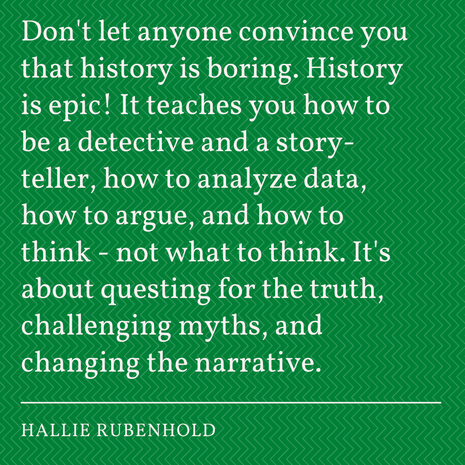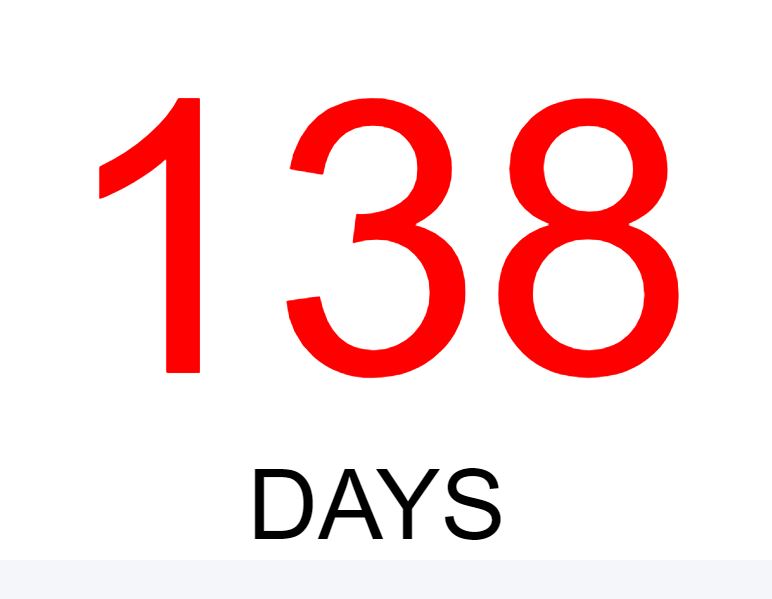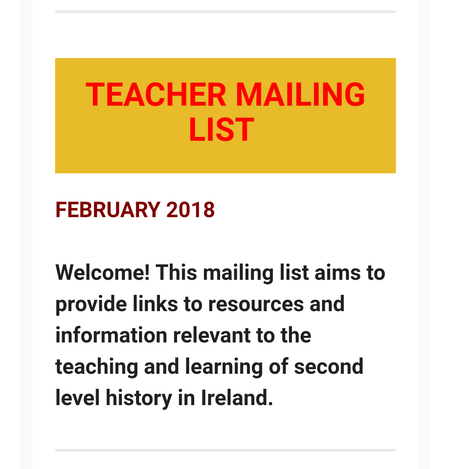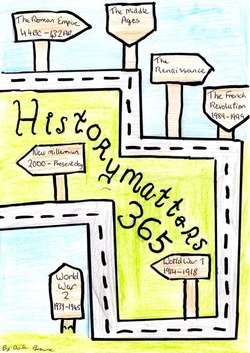|
Go on a school tour to 14 Henrietta Street. You will experience over 300 years of city life in the walls of one address. See the house, hear its stories and discover the layers of Dublin history within its walls. Suitable for primary school, junior cycle, transition year and leaving cert students. See the link below for information.
0 Comments
#HISTEDCHATIE contributors on Twitter and Instagram shared recommended reads for World Book Day 2021. View and download PDF:
View and download on Scribd: The Bloodied Field PodcastEight episode podcast series, telling the events of Bloody Sunday in Croke Park on November 21st 1920. Michael Collins House Podcast SeriesPodcast series on all aspects of the revolutionary period, including the role played by Cumann na mBan, and the hunger strike of Terence MacSwiney. Fingal Festival of History 2020Fingal Libraries' podcast series focuses on the War of Independence in Dublin, particularly the Sack of Balbriggan. Lorcan Collins' Revolutionary IrelandLorcan is well known for his history walking tours in Dublin. His podcast series considers all aspects of the revolutionary period. Irish History PodcastFin Dwyer's podcasts bring you on a journey throughout Irish history. In February 2021, he began a series focusing on the War of Independence. Kilkenny Library Services - Eoin Swithin WalshEoin Swithin Walsh explores various aspects of Kilkenny during the War of Independence. Nano Nagle Place PodcastHistory IrelandIrish history podcasts from History Ireland magazine. Their archive includes many podcasts related to the revolutionary period. West Cork FM - The History ShowKieran Doyle's History Show on West Cork FM has plenty of podcasts about the revolutionary years. NewsTalk - Talking HistoryPatrick Geoghegan's history show on Newstalk is one of the best! Search through the archive for shows relating to the revolutionary period. The Irish History ShowPresented by Cathal Brennan and John Dorney, the show looks at many different aspects of Irish history, including Ireland's revolutionary struggle. Three Castles BurningDonal Fallon's Three Castles Burning is a social history podcast. Listen to this episode, Tom Clarke's Revolutionary Newsagents. The Leaving Cert History exams 2021 will take place on Wednesday, 16th June, 2.00 - 4.50 pm.
See here for the full timetable. History will be a mandatory Junior Cycle subject in all post-primary schools from September 2020.
Days since 'special status' announced for JC History. No plan to fulfill this promise has been produced.
Very good news!
The Irish Times https://www.irishtimes.com/news/politics/special-status-planned-for-history-in-junior-cycle-1.4035519
Keeping a classroom library is a rewarding way for a history teacher to contribute to the reading culture of a school. The classroom library may contain a variety of reading, including books written by historians, magazines, graphic novels and historical fiction.
In particular, I enjoy challenging a group of students to read at least one historical novel over a period of four or five weeks. The purpose of the initiative is to improve students’ literacy skills and enhance their passion for history by immersing them in the magic of stories inspired by the past. Each student is free to choose an historical novel from the bookcase at the back of my classroom. Alternatively, students are free to bring their own. We agree a schedule of class time for Drop Everything and Read (DEAR). If a few or more of the group request, I may facilitate access to the classroom at break times. I also participate! Currently, my second year history class have accepted the challenge and I am reading Catcher in the Rye by J.D. Salinger. I give each student a homemade bookmark. I think they appreciate the effort! While they read, I play classical music in order to create a relaxing atmosphere. The music of Mozart seems to be the most effective. After we read, we informally chat about the books and discuss their historical themes. You may find that the students will recommend books to be added to the classroom library. The experience is thoroughly enjoyable for all! The historical novels in my classroom have been sourced via second hand bookshops, Amazon and by donation. My school kindly provided some money towards the cost. Is this an initiative you would like to replicate? If so, here is some advice. Ensure you have a sufficient number of books. Readers like choice and some will read more than one book over the four or five weeks. Select your books so you can employ the strategy with different year groups. I have broken my selection of historical novels into three categories of reading age: first year (12-13 years); junior (14-16 years); and senior (17-18 years). Keep it interesting by selecting books that cover a wide variety of historical themes. Outside of a reading challenge, allow students to borrow books from your classroom library at any time. Have a recording system and ensure your books are marked with a label or stamp. Some Recommended Historical Novels First Year Spies by Brian Gallagher Kings of the Boyne by Nicola Pierce Dread Nation by Justina Ireland Once by Morris Gleitzman Junior The Dollmaker of Krakow by R.M. Romero Goodnight Mister Tom by Michelle Magorian Clash of Empires by Ben Kane The Book Thief by Markus Zusak Senior All the Light We Cannot See by Anthony Doerr We Were the Lucky Ones by Georgia Hunter The Choice by Edith Eger Catch 22 by Joseph Heller  Every year, normally on the second Wednesday in June, the Leaving Cert History exam takes place. Higher Level students have 2 hours 50 minutes to answer a documents based question and three long essay questions. A top, or even 'middle-of-the-road' grade cannot be achieved without an extensive amount of writing. From the first minute to the last, the exam is a writing marathon run at a sprinting pace. Granted, extended writing is a fundamental skill of History. It is important that young historians can produce essay type answers that show not just a dept of knowledge but also an ability to think independently. However, in setting this challenge, the State Examinations Commission should ensure sufficient time is allocated. In the immediate aftermath of the exam, History students, hands still aching and fingers numb, commonly and justifiably complain that more time was needed. Students have to 'hit the ground running' with little or no time for essay planning and review of answers. The time allocated for the Higher Level Leaving Cert History exam should be increased from 2 hours 50 minutes to at least 3 hours. A 3 hour exam would bring History into line with a number of other exams. Higher Level Business Studies, Engineering, Biology, Construction Studies, Design and Communication Graphics, Accounting, Physics and Chemistry are all 3 hour exams. The amount of writing required for History is, at the very least, comparable to the aforementioned exams. The State Examinations Commission should consider allocating at least 10 extra minutes to the Higher Level Leaving Cert History exam. This would be a fair and equitable move. It would in no way compromise the integrity of the exam. It would have a positive impact on student wellbeing. Indeed, the student voice should be heard. Students should be consulted. What are their views on the time allocated to history? That consultation should begin at 4.51 pm tomorrow. |
History Matters 365 BlogAuthorChristian O'Connor, history teacher, St. Mary's Secondary School, Mallow, Co. Cork. Categories
All
Social MediaMailing ListGDPR compliant.
|
|||||||||








